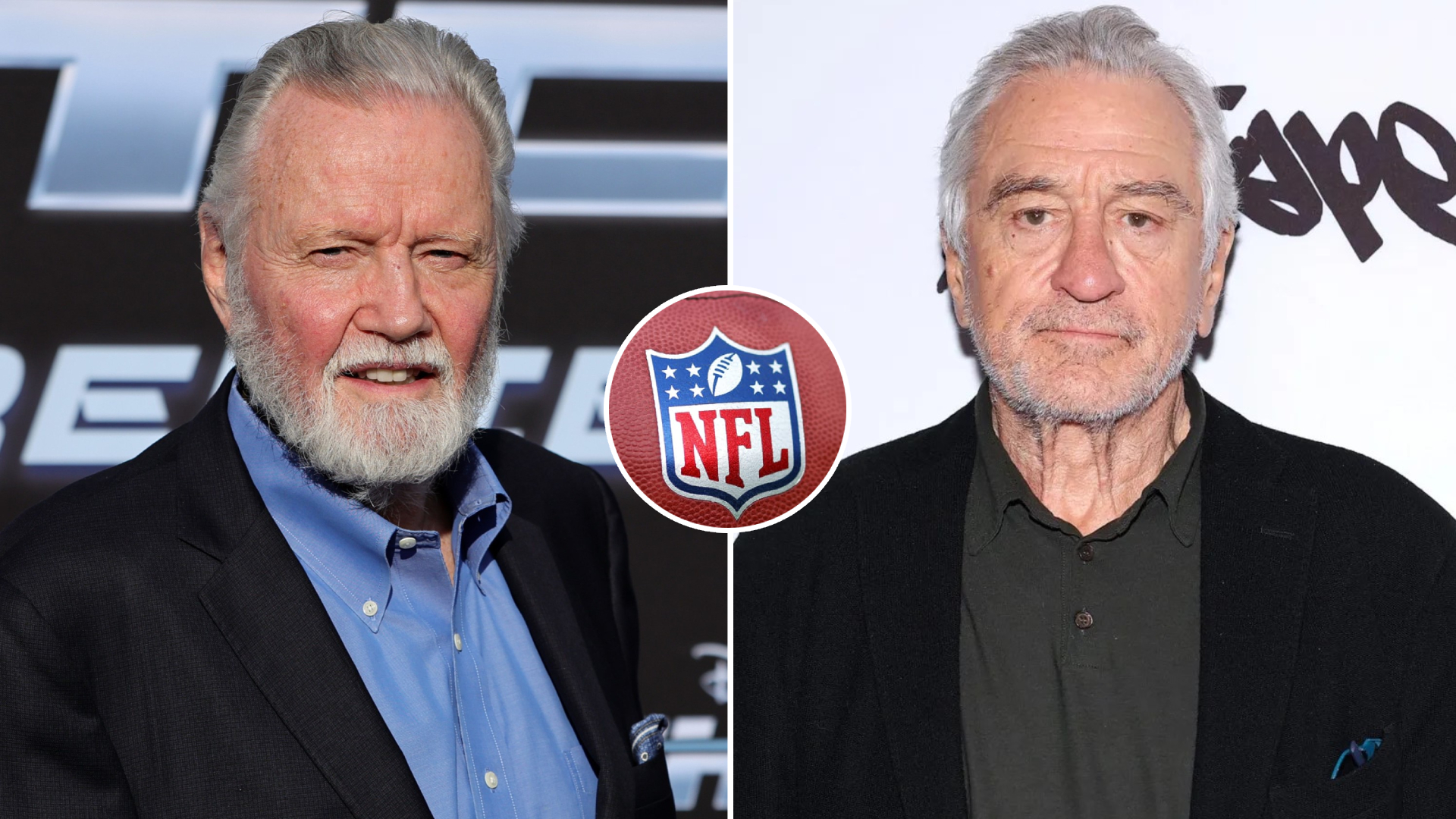Jon Voight, the esteemed Academy Award-winning actor, has made headlines with his bold decision to decline a $20 million offer from the NFL. This offer, part of an advertising campaign for the 2025 NFL season, aimed to promote the league’s international expansion, specifically the season’s opening in Berlin, Germany. Voight was reportedly invited to join actor Robert De Niro in a commercial for the event. However, Voight turned down the lucrative offer, citing his strong opposition to what he calls “woke” culture, which he associates with De Niro and the broader entertainment industry.
The $20 million proposal was part of a larger NFL marketing strategy designed to generate buzz for the 2025 season opener in Berlin. The campaign aimed to feature both Voight and De Niro, two of Hollywood’s biggest stars, alongside prominent NFL players, in an effort to raise excitement for the NFL’s growing international presence. The league hoped that the inclusion of these two cultural icons would attract both American and global audiences and elevate the importance of the event.
Despite the potential for significant exposure and financial gain, Voight chose to reject the deal. In a public statement, he explained that he would never collaborate with “woke creeps” like Robert De Niro, arguing that their values were in direct opposition to his own. Voight has been an outspoken critic of the leftward tilt he perceives in Hollywood and has frequently expressed his conservative political views. His decision to decline the NFL offer highlights his commitment to maintaining his stance against what he sees as the growing influence of progressive ideologies in the entertainment industry.
A vocal supporter of former President Donald Trump, Voight has consistently used his platform to promote traditional American values. His refusal to take part in the NFL’s commercial further distances him from Hollywood’s liberal elite. The proposed collaboration with De Niro, a known advocate for liberal causes, was something Voight could not support. He views the rise of “woke” culture in entertainment as a fundamental clash with his personal beliefs, and the disagreement was simply too significant to overlook, even for a large sum of money.
The 2025 NFL season opener, set to take place in Berlin, is an important milestone for the league’s strategy to grow its international fanbase. Berlin, with its rich cultural history and a growing interest in American sports, is seen as an ideal location for the NFL to showcase the sport in Europe. The league hopes that the opener will help boost American football’s popularity across the continent, building on the growing interest in the sport in countries outside the United States.
With Voight’s refusal, the NFL’s planned advertising campaign for the season opener has hit a major setback. The inclusion of two Hollywood icons like Voight and De Niro was expected to be a cultural moment that could attract a massive audience. Now, the league will need to re-evaluate its marketing approach and possibly find new celebrities to participate in the campaign.
The controversy surrounding Voight’s decision has sparked a broader conversation about “woke” culture and its impact on the entertainment industry. His rejection of the NFL deal reflects the increasing polarization in Hollywood, where conservative figures are speaking out against what they see as the dominance of progressive values. Voight’s comments are likely to fuel further discussions about the intersection of politics and entertainment, particularly in a time when celebrities are using their platforms to engage in political discourse.
As sports and entertainment continue to converge, the NFL’s decision to host the season opener in Berlin highlights how sports are becoming a platform for political and cultural expression. Voight’s refusal to participate adds another layer to the ongoing debate about the role of politics in the entertainment industry. The NFL now faces the challenge of navigating these complex issues while promoting its international events in a way that resonates with a diverse range of fans.
Looking ahead to the 2025 season, it will be interesting to see how the NFL adapts its marketing strategy in light of Voight’s rejection. The league must balance its efforts to expand globally with the cultural and political tensions that are currently shaping public discourse. Voight’s decision serves as a reminder of the deep divisions in the entertainment world, as well as the broader cultural and political rifts that continue to play out in American society. How the NFL responds to these challenges will likely shape the future of its global expansion efforts.
This Is SATIRE, It’s Not TRUE
